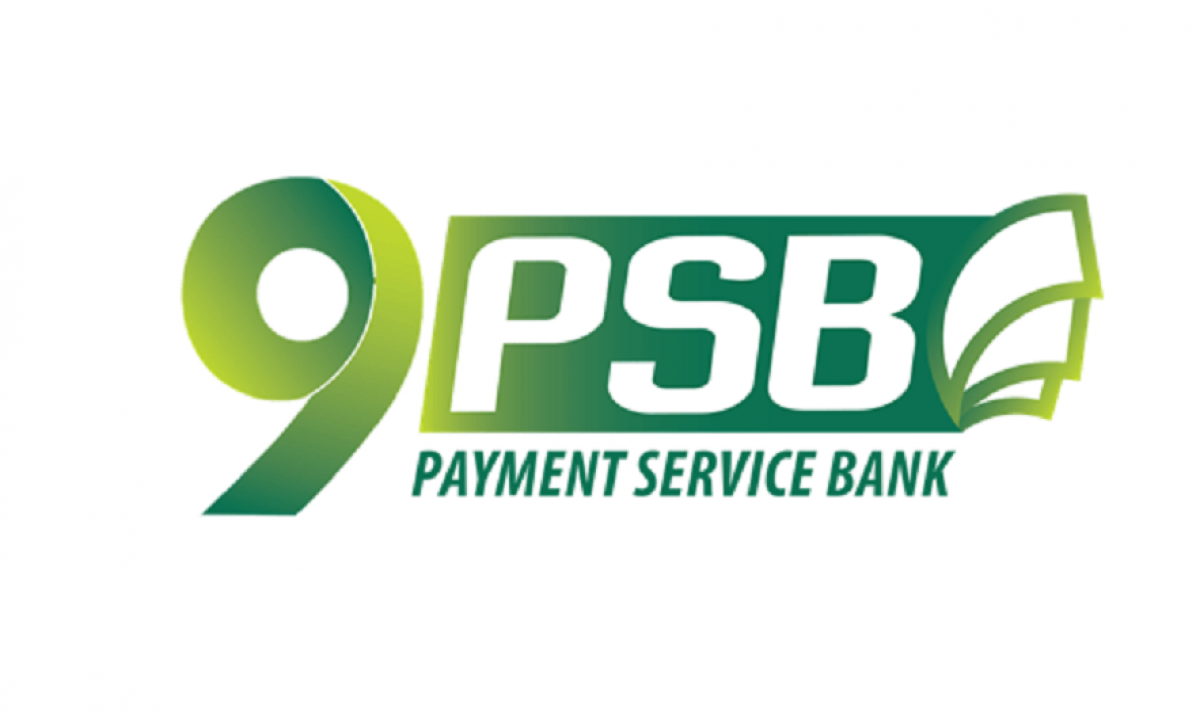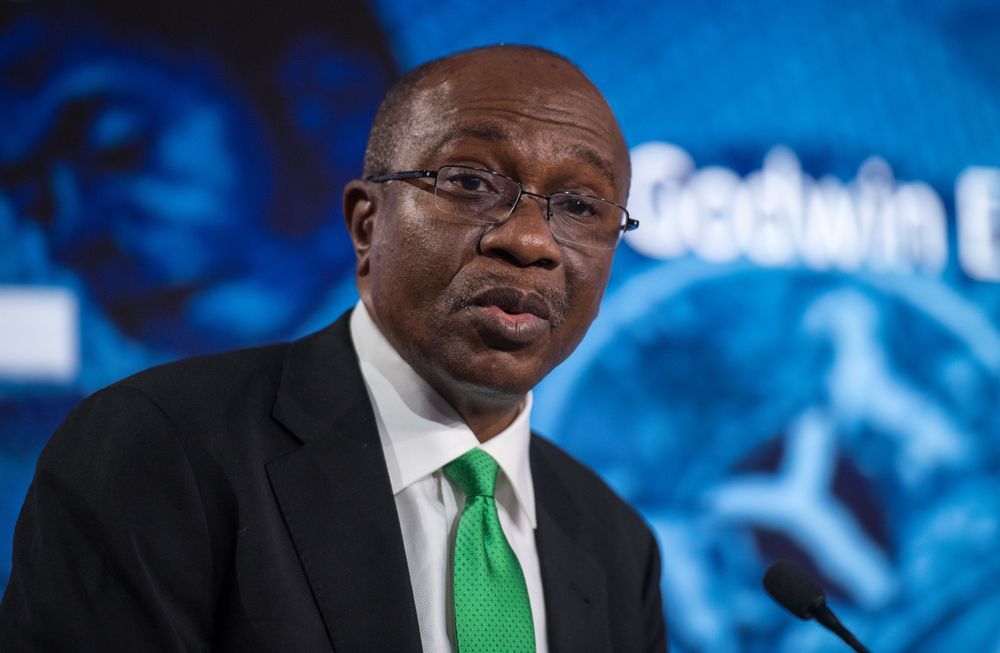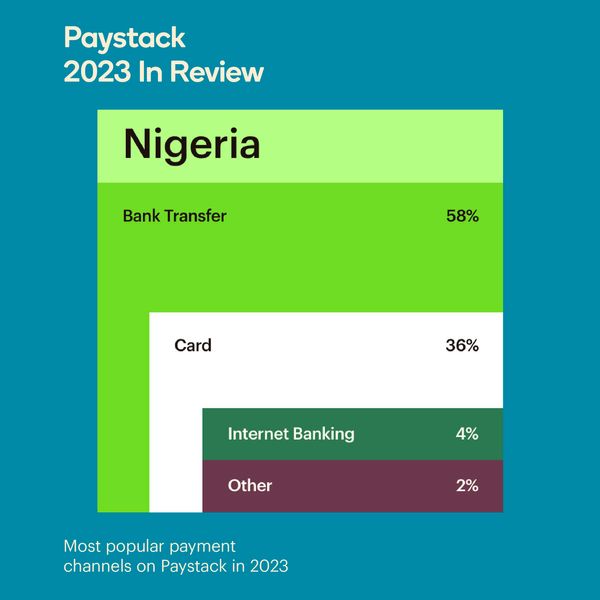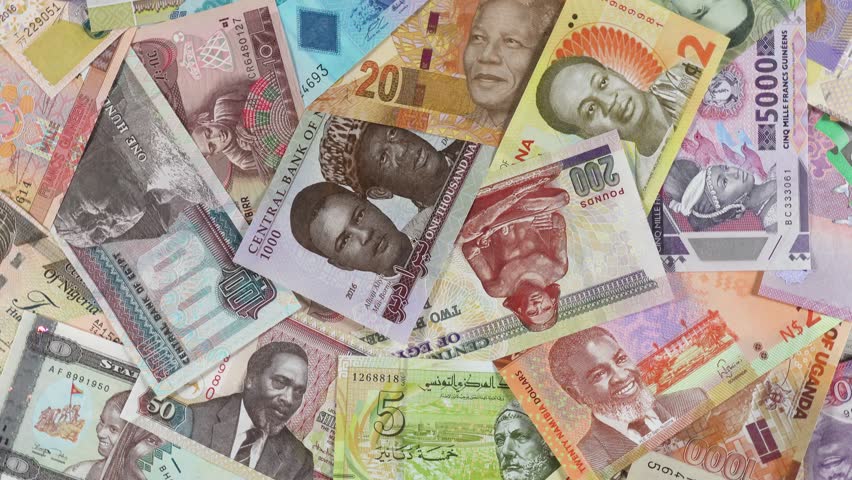The Central Bank of Nigeria (CBN) has approved three new Payment Service Banks (PSBs) a few days after updating its guidelines on August 27, 2020. These companies will be playing in a space that looks to boost financial inclusion.
The three PSBs are Hope PSB, a subsidiary of Unified Payments, one of Nigeria’s oldest fintech firms; Moneymaster PSB, a subsidiary of Glo, Nigeria’s second-largest telecom company; and 9PSB, a subsidiary of 9mobile, a telecom company.
MTN, Nigeria’s largest telco, operates a mobile money service but remains without a PSB licence. The CBN says it is ready to give out more licences, but the entry requirements are stringent.

In 2018, the CBN released a proposed guideline for PSBs, and several of the provisions from that document have been retained in this update, with a few additions.
As contained in the 2018 draft, prospective PSBs are required to pay a non-refundable ₦500,000 application fee and have a minimum paid-up capital of ₦5 billion ($13 million).
Then, the PSB licence was restricted to only banking agents, telcos- – through subsidiaries — retail chains (supermarkets), and Mobile Money Operators (MMOs that wanted to convert to PSBs).
Now, PSBs are allowed to offer only high-volume, low-value transactions in remittance services, micro-savings, and withdrawal services. Their services are mainly targeted at rural areas and places with unbanked populations.
They are expected to have at least 25% physical access points in rural areas where they must maintain ATMs and point of sale devices.
The updated provisions allow them to sell foreign exchange realised from remittances to authorised forex dealers, issue branded debit cards, and also invest in government securities.
Though the CBN has somewhat increased the services of PSBs compared to the initial guidelines, there are still some limitations.
They cannot grant loans, guarantees, or advances of any form; they also can’t underwrite insurance or accept deposits in foreign currencies. In addition, debit cards they issue cannot perform foreign transactions.
On Financial Inclusion
The CBN believes the introduction of the PSB will further deepen financial inclusion, the entry requirements and the limitations of PSBs might make it a bit more difficult to achieve.
Though PSBs might increase the number of people with a bank account, as explained in this article, financial inclusion entails more than just having a bank account; it requires a range of financial services that includes, but is not limited to, payments, loans, insurance, and pension products and services.
The minimum capital requirement somewhat prevents a lot of companies from acquiring the licence. On the one hand, this could ensure safety and security, but it also serves to keep out smaller operators looking to compete in the space.
Besides this, PSBs have to tackle several infrastructural challenges — power and connectivity among others — in these remote locations they are supposed to reach. Not many places in Nigeria — both urban and rural — can boast of good power supply and Internet connections.
Beyond creating a policy document and a relatively high entry barrier, the Nigerian government would need to be more deliberate with their investments if the objective of financial inclusion is to be achieved.
Nigeria In Focus:
Population - 206.6 million (Compared to South Africa's 59.6 million)
GDP: $504.57 billion (Compared to South Africa's $369.85 billion)
GDP Per Capita: $2,465 (Compared to South Africa's $6,193) Nigeria Analysis by Inclusion Times










